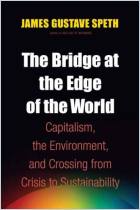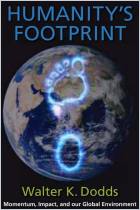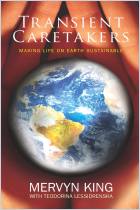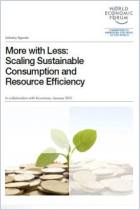Recommendation
The environmental movement has had far more impact than most mass movements over the last 50 years. Yet University of British Columbia international relations professor, Peter Dauvergne, an award-winning environmental writer, warns that the movement risks losing its edge if it allows large companies to define its agenda. Businesses usually care only about profitability and most don’t consider the environmental impact of their actions. While recognizing successes, environmentalists need to debate and attack ineffective market solutions, insincere initiatives parading as “corporate social responsibility,” and business partnerships with nongovernmental organizations. People must get angry about increased consumption, income inequality and economic growth pursued without thought of the ecological consequences. Dauvergne urges environmentalists to embrace responsibility for change. His exploration of environmentalism is thought provoking and sobering. While always politically neutral, getAbstract recommends his treatise to environmentalists, corporate executives, policy makers and managers of nonprofits.
Summary
About the Author
University of British Columbia international relations professor Peter Dauvergne wrote two award-winning environmental books: Shadows in the Forest and The Shadows of Consumption.

























Comment on this summary